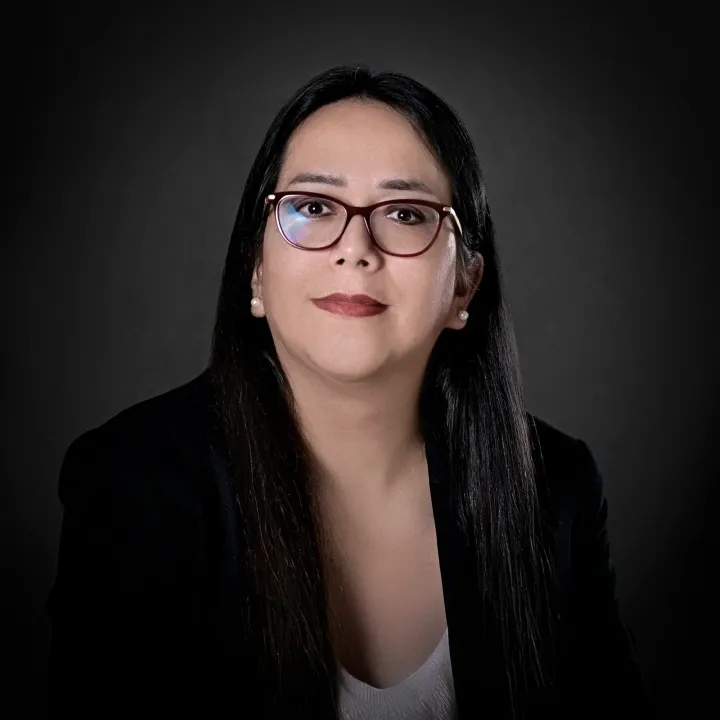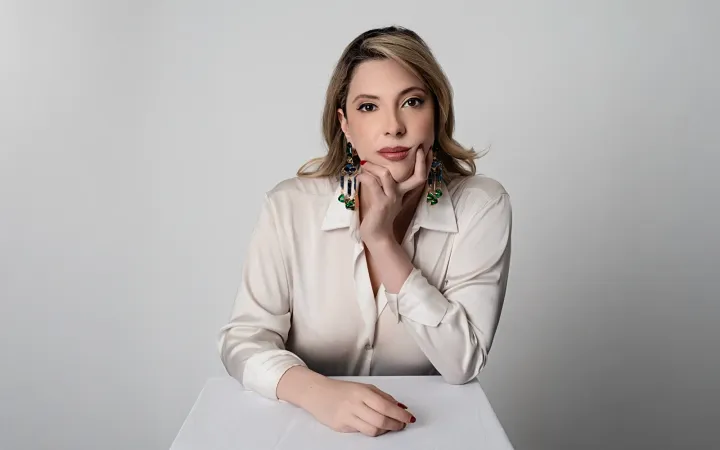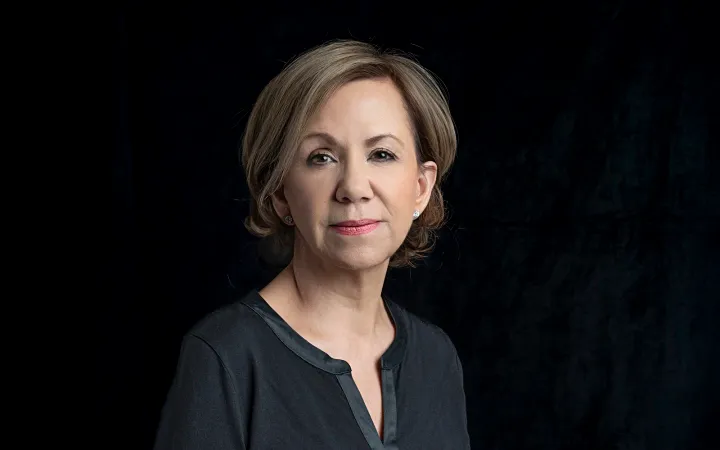Por Sofia Guadarrama
Durante la campaña presidencial de 2024, Donald Trump prometió a los venezolanos que radican en los Estados Unidos, una política de «máxima presión» contra el régimen de Nicolás Maduro. El 90 por ciento de los venezolanos creyó que finalmente pondría fin al régimen totalitario de Nicolás Maduro y votó por él.
Poco después de las elecciones presidenciales en Venezuela, Donald Trump reconoció públicamente el triunfo del opositor Edmundo González.
Sin embargo, hay que tomar en cuenta que Trump nunca dice nada a la ligera. Y en esos momentos su objetivo era lanzar una amenaza al espurio Nicolás Maduro.
Inmediatamente, después de tomar posesión como presidente de los Estados Unidos, Donald envió a Richard Grenell a establecer una «agenda cero», para negociar tres asuntos de suma importancia con Nicolás Maduro; la liberación de seis estadounidenses encarcelados en Venezuela, la renovación de la licencia de Chevron para operar en Venezuela, la repatriación de migrantes venezolanos y la revocación del Estatus de Protección Temporal (TPS) para 350,000 venezolanos exiliado, la cual expirará el 7 de abril.
De acuerdo con Bloomberg, Chevrones es la única petrolera que opera en Venezuela y produce 20% del petróleo venezolano.
«Pasé un día en Caracas, conocí a Maduro, uno a uno, […] Tenemos muy claro sobre el gobierno venezolano y Maduro. Donald Trump es alguien que no quiere hacer cambio de régimen. […] Hay una razón por la que los embajadores de Donald Trump son capaces de hacer estas cosas. Es por Donald Trump. Él tiene una amenaza creíble. […] Joe Biden tenía una amenaza poco creíble», expresó Grenell en una entrevista.
El secretario de Estado, Marco Rubio, un crítico de Maduro y las dictaduras en Latinoamérica parece no tener ni voz ni voto en este asunto.
En resumen, para Donald Trump las políticas autoritarias en los países sudamericanos lo tienen sin cuidado, siempre y cuando haya beneficios multimillonarios como los contratos petroleros con Venezuela y acepten la repatriación inmediata de deportados de Estados Unidos.
Ahora, para el gobierno de Donald Trump, según las palabras de la secretaria Kristi Noem, hay mejoras notables en la economía, la atención médica y la seguridad de Venezuela, por lo que es seguro que los migrantes regresen a su país.
Sin embargo, esta no es la primera vez que Estados Unidos lleva a cabo este tipo de negociaciones. Por ejemplo, en 2020, Alex Saab fue arrestado cuando su avión realizaba una escala técnica en la ruta de Venezuela a Irán, y acusado de sobornos, lavado de dinero y el robo de $350 millones de dólares de Venezuela. Saab describió su detención como un «secuestro». Fue extraditado a Estados Unidos en 2021 y acusado de conspiración para el lavado de dinero. En diciembre de 2023, Alex Saab fue liberado como parte de un intercambio de prisioneros entre Estados Unidos y Venezuela.
El actual gobierno de México, también tendrá que negociar con Trump para la repatriación de Ismael «el Mayo»Zambada. En el sexenio pasado negociaron la liberación del general Salvador Cienfuegos, pero no cumplieron la promesa de enjuiciarlo. Ahí anda, libre y más poderoso que nunca.
En 1989, Rubén Zuno Arce, cuñado del expresidente Luis Echeverría fue detenido en Texas por nexos con el narcotráfico y el asesinato del agente de la DEA Enrique Camarena Salazar. México nunca logró la repatriación de Zuno Arce y éste falleció en una prisión de Estados Unidos en 2012.
Carlos Salinas de Gortari y Ernesto Zedillo no pertenecían a la corriente de Luis Echeverría —como sí lo son Andrés Manuel López Obrador y Claudia Sheinbaum—, y por ello no se esforzaron en repatriar a Zuno Arce.
Pero el Mayo Zambada es el capo de capos. Y como bien lo escribió en su carta, «habrá colapso». Su caso en un asunto de seguridad nacional. Tiene mucha información valiosísima. Es la enciclopedia del financiamiento de todas las campañas políticas que se han realizado en los últimos 50 años.




